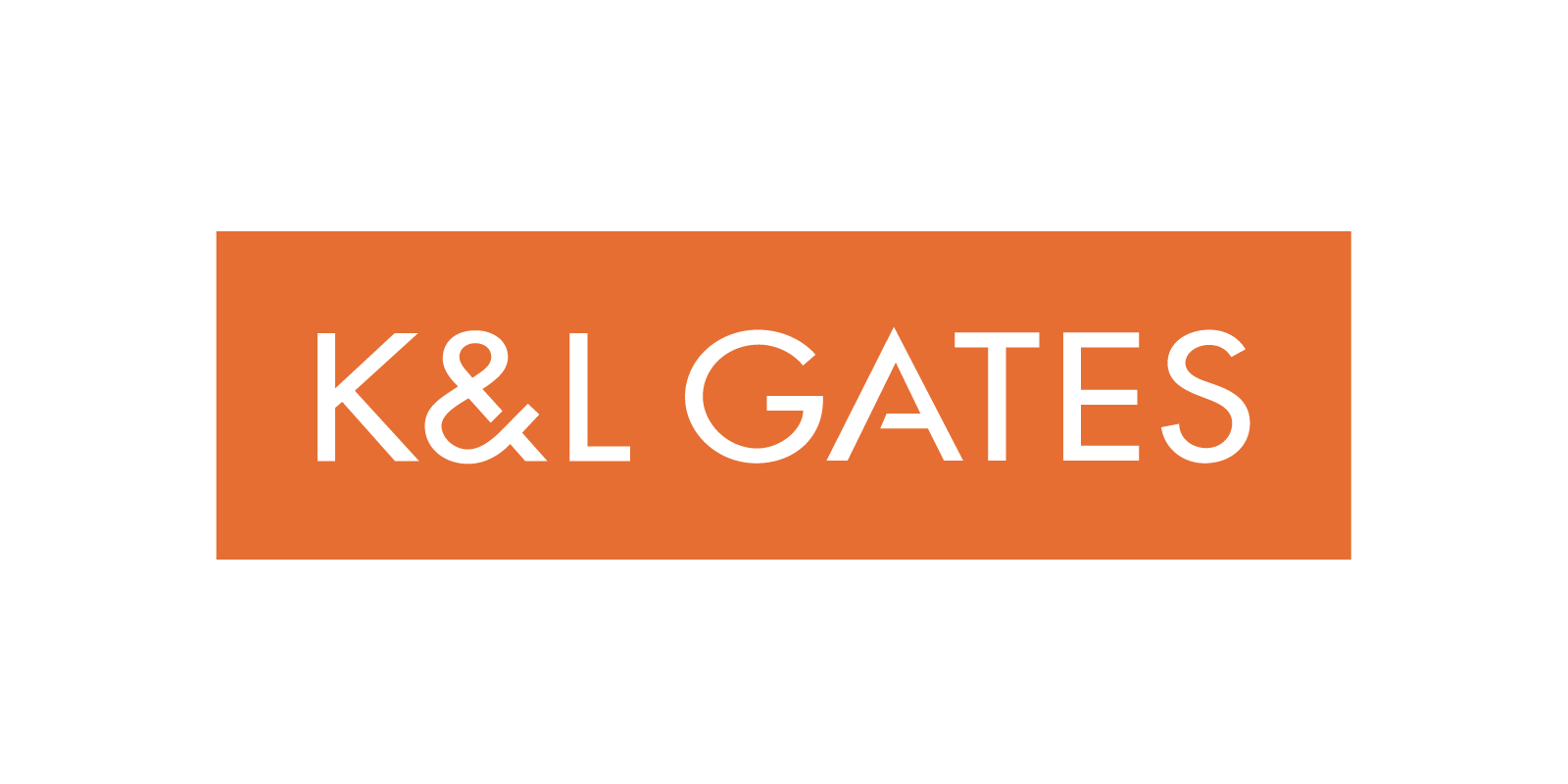- Corus’ board of directors unanimously recommends that Senior Noteholders and Shareholders vote in favour of the proposed Recapitalization Transaction to strengthen Corus’ financial position, support a sustainable business strategy, and preserve value for Corus’ various stakeholders
- Recapitalization Transaction expected to materially reduce existing debt, maintain secured lending facility, and increase liquidity access over several years
- Securityholders will be asked to approve the Recapitalization Transaction in two separate, consecutive meetings to be held on Friday, January 30, 2026
- If the Company fails to implement the Recapitalization Transaction, it will need to pursue alternative restructuring strategies, in which case it is unlikely that there will be any recovery of any kind for holders of shares of Corus
- Senior Noteholders or Shareholders who have questions or need voting assistance should contact Corus’ Proxy Solicitation Agent, Laurel Hill Advisory Group, by email at assistance@laurelhill.com, or by texting “INFO” to, or calling, 1-877-452-7184 (North American toll-free)
For Immediate Release
TORONTO, ON, January 8, 2026 – In connection with its proposed, previously-announced recapitalization transaction (the “Recapitalization Transaction”), Corus Entertainment Inc. (“Corus” or the “Company”) (TSX: CJR.B) announced today that it has mailed to Securityholders (as defined below) and filed with securities regulators its notices of meeting, management information circular (the “Circular”) and related documents (collectively, the “Meeting Materials”) in connection with the special meetings (the “Meetings”) of the holders of the Company’s Class A Voting Shares and Class B Non-Voting Shares (together, the “Shareholders”) and of holders of the Company’s outstanding, unsecured, senior notes in the aggregate principal amount of $750 million (the “Senior Notes,” and such holders, the “Senior Noteholders”, and together with the Shareholders, the “Securityholders”). The Meeting Materials are available on SEDAR+ at www.sedarplus.ca and can also be accessed on the Company’s website at www.corusent.com/proposed-transaction/.
Background
Corus’ significant debt burden and the upcoming maturities in 2027 of the eighth amended and restated credit agreement, and in 2028 and 2030 of the Senior Notes, as well as ongoing industry and regulatory challenges, have created an urgent need to address the Company’s capital structure.
Corus’ board of directors (the “Board”) has undertaken extensive efforts since early 2024 to address the Company’s balance sheet and financial challenges. This included conducting a comprehensive strategic review with the assistance of leading financial and legal advisors, of the viability of various financing, sale, or restructuring options available to the Company.
After careful consideration of all available options, the Board has determined that the Recapitalization Transaction described in the Circular represents the best path forward for Corus at this time. The Recapitalization Transaction is being implemented pursuant to a plan of arrangement (the “Arrangement”) under Section 192 of the Canada Business Corporations Act (the “CBCA”).
As of December 24, 2025, the Recapitalization Transaction has received the support of Senior Noteholders representing, in aggregate, more than 74% of the aggregate principal amount of Senior Notes and by Shareholders holding Shares which represent more than 86% of the outstanding voting rights attached to the Class A Voting Shares and more than 5% of the outstanding voting rights attached to the Class B Non-Voting Shares.
Recapitalization Transaction – Strategic Rationale and Highlights
The Recapitalization Transaction is anticipated to deliver significant financial benefits, if approved and implemented, including:
- total reduction of third-party indebtedness and other liabilities of more than $500 million;
- annual cash interest savings of up to $40 million;
- continued access to the senior secured revolving credit facility (the commitment for which has been increased from $75 million to $125 million) to support ongoing operations and liquidity; and
- extension of relief of certain financial covenants under the senior credit facility to February 28, 2026.
The Recapitalization Transaction contemplates the following key elements:
- a new corporation (“NewCo”) will be incorporated under the CBCA with authorized capital, including Variable Voting Shares and Common Voting Shares (collectively, the “NewCo Shares”);
- the Company’s existing senior secured revolving credit facility will be amended and restated into a new, first lien $125 million secured revolving credit facility;
- the Company’s existing secured term loan of approximately $301 million will be fully settled and exchanged at par value, and the Company will issue new first lien senior secured notes in the aggregate principal amount of $300 million with a 5-year maturity date;
- $250 million of the Senior Notes will be settled in exchange for: (i) cash equal to the accrued and unpaid interest in respect of the Senior Notes; (ii) NewCo Shares; and (iii) $250 million principal amount of new second lien senior secured notes issued by Corus with a 6-year maturity date in an equal aggregate principal amount. These NewCo Shares are expected to represent, in aggregate, 99% of the issued and outstanding shares of NewCo, on a non-diluted basis;
- all accrued but unpaid interest on the Senior Notes will be paid in cash on closing of the Recapitalization Transaction;
- all of the Company’s outstanding Class A Voting Shares and Class B Non-Voting Shares (collectively, the “Existing Shares”) will be exchanged on a 1:1 basis for NewCo Shares that are expected to represent, in aggregate, 1% of all of the issued and outstanding shares of NewCo, on a non-diluted basis;
- all of the outstanding NewCo Shares will be consolidated on the basis of one NewCo Share for every 500 existing NewCo Shares;
- the Company will apply to the Toronto Stock Exchange (“TSX”) to have the NewCo Shares substituted for the Company’s Class B Non-Voting Shares with the result that, subject to the approval of the TSX and the satisfaction of customary listing conditions, the NewCo Shares will be voting shares and publicly traded on the TSX;
- NewCo will own all of the shares of the Company;
- holders of the new first lien senior secured notes will be granted warrants to purchase NewCo Shares that will represent 10% of the fully diluted equity of NewCo;
- certain key leases will be renegotiated on acceptable terms; and
- the Board will be refreshed at closing and shall be comprised of, initially, five directors.
Likely No Recovery for Shareholders if Recapitalization Transaction Is Not Completed
Without the Recapitalization Transaction, or in the event it is not completed on the terms and timeline currently contemplated, the Company will need to pursue alternative restructuring strategies, possibly under the Companies’ Creditors Arrangement Act (Canada) (the “CCAA”). If a CCAA process is pursued, it is unlikely that there will be any recovery of any kind or amount to the holders of Existing Shares. In this case, all of the Existing Shares may be cancelled for no consideration. As such, the Board believes the Recapitalization Transaction provides the best available outcome to preserve value for shareholders in the current circumstances.
Board Recommendation
After careful consideration and based on a number of factors, and after an extensive review of alternatives with its legal and financial advisors, the Board has determined that the Recapitalization Transaction is in the best interests of the Company and its stakeholders, and unanimously recommends that the Senior Noteholders and Shareholders vote FOR the Recapitalization Transaction.
Vote Today
Your vote is important, no matter how many Corus shares or notes you hold.
The Board unanimously recommends that the Senior Noteholders and Shareholders vote FOR the Recapitalization Transaction.
Securityholders are encouraged to vote well in advance of the proxy deadlines on January 28, 2026 at 10:00 a.m. (Toronto time) using one of the methods below:
| Internet |
www.proxyvote.com |
| Telephone |
Dial the number listed on the proxy form or voting instruction form, as applicable. |
| Mail |
Return the proxy form or voting instruction form, as applicable, in the enclosed postage paid envelope. |
Meeting Details
Securityholders will be asked to approve the Arrangement over the course of two separate, consecutive meetings, both to be held on Friday, January 30, 2026:
- Senior Noteholders will be asked to approve the Arrangement at the Senior Noteholders’ Meeting scheduled to be held at 10:00 a.m. (Toronto time) on Friday, January 30, 2026. This meeting will be held virtually via online webcast at www.virtualshareholdermeeting.com/cjr2026notes.
- Shareholders will be asked to approve the Arrangement at the Shareholders’ Meeting to be held at 11:00 a.m. (Toronto time) on Friday, January 30, 2026. This meeting will be held virtually via online webcast at www.virtualshareholdermeeting.com/cjr2026sm.
Additional Information
If you have any questions about the information contained in this press release, please contact Corus’ Proxy Solicitation Agent:
Laurel Hill Advisory Group:
- Toll-Free: 1-877-452-7184 in North America (1-416-304-0211 outside North America)
- Text: Text “INFO” to 1-877-452-7184 or 1-416-304-0211
- Email: assistance@laurelhill.com
Caution Regarding Forward-Looking Information
This document contains forward-looking information and should be read subject to the following cautionary language. To the extent any statements made in this document, or any of the documents referenced herein, contain information that is not historical, these statements are forward-looking statements and may be forward-looking information within the meaning of applicable securities laws (collectively, “forward-looking information”). This forward-looking information relates to, among other things, Corus Entertainment Inc.’s or its subsidiaries’ (together, “Corus” or the “Company”) objectives, goals, strategies, targets, intentions, plans, estimates and outlooks, including, but not limited to, the closing and implementation of the proposed recapitalization transaction announced herein (the “Proposed Transaction”) and descriptions of future required approvals or condition satisfaction for the Proposed Transaction. Forward-looking information can generally be identified by the use of words such as “estimate”, “forecast”, “project”, “believe”, “anticipate”, “expect”, “intend”, “plan”, “will”, “may” or the negatives of these terms and other similar expressions. In addition, any statements that refer to expectations, anticipated outcomes or impacts, projections or other characterizations of future events or circumstances may be considered forward-looking information.
Although Corus believes that the expectations reflected in such forward-looking information are reasonable, such information involves many material assumptions, risks and uncertainties and undue reliance should not be placed on such statements. Certain material factors or assumptions, which are subject to uncertainty, risk or change and may cause actual results to differ materially from expectations, calculations, plans, or forecasts, are applied with respect to the forward-looking information, including in respect of the Proposed Transaction. Such factors include, without limitation, factors and assumptions relating to or impacting: the completion and implementation of the Proposed Transaction in the time and manner contemplated; the anticipated or expected effect or impacts of the Proposed Transaction on the Company and/or its stakeholders; the anticipated reduction of the Company’s debt and related costs and interest expenses (including the amounts thereof); approval of the Proposed Transaction by: (i) applicable regulatory authorities and stock exchanges, (ii) holders of equity and debt, and (iii) relevant courts; exchange of existing equity and debt for new equity and debt; obligations and abilities of third parties to close or complete actions as part of the Proposed Transaction; dilution or changes to the Company’s outstanding shares in number or value or markets for them; the ability of the Company to execute its strategies and plans, including any under or contemplated by the Proposed Transaction; the Company’s financial and operating results being consistent with expectations; macroeconomic, business, geopolitical and market conditions; statements, decisions or positions by applicable courts or regulators such as, without limitation, the Canadian Radio-television and Telecommunications Commission, or any appeals of or changes to such statements, decisions or positions; new, threatened or pending litigation or regulatory actions and their outcomes; strategic opportunities, relationships or partnerships (or lack thereof) that may be presented to, pursued or implemented by the Company; and continuity of relationships and arrangements with, or revenue or costs attributed to, suppliers, distributors, partners, clients and customers on desirable and expected terms. Actual results may differ materially from those expressed or implied in such information and the foregoing list is not exhaustive. Certain other material factors or assumptions may also be applied with respect to general forward-looking information.
These, and additional information regarding the foregoing list, are identified or discussed in Corus’ Management’s Discussion and Analysis (“MD&A”) for the year ended August 31, 2025, as may be updated, supplemented or amended from time to time, including by quarterly MD&A, financial reports or additional press releases, all and any of which will be made available on SEDAR+ at www.sedarplus.ca. Corus cautions that the foregoing list of important assumptions and factors that may affect future results is not exhaustive.
When relying on the Company’s forward-looking information to make decisions with respect to Corus or the Proposed Transaction, investors and others should carefully consider all the foregoing information, including as incorporated by reference, and any other uncertainties and potential events. Unless otherwise specified, all forward-looking information in this document speaks as of the date of this document and may be updated or amended from time to time. Except as otherwise required by applicable securities laws, Corus disclaims any intention or obligation to publicly update or revise any forward-looking information whether as a result of new information, events or circumstances that may be made or arise from time to time.
– 30 –
About Corus Entertainment Inc.
Corus Entertainment Inc. (TSX: CJR.B) is a leading media and content company that develops, delivers and distributes high quality brands and content across platforms for audiences around the world. Engaging audiences since 1999, the company’s portfolio of multimedia offerings encompass 25 specialty television services, 36 radio stations, 15 conventional television stations, digital and streaming platforms, and social digital agency and media services. Corus’ roster of premium brands includes Global Television, W Network, Flavour Network, Home Network, The HISTORY® Channel, Showcase, Slice, Adult Swim, National Geographic and Global News, along with streaming platforms STACKTV, TELETOON+, the Global TV App and Curiouscast. For more information visit www. corusent.com.
For media inquiries, please contact:
Melissa Eckersley
Head of Corporate Communications and Relations
Corus Entertainment Inc.
melissa.eckersley@corusent.com
For questions about the information contained in this press release, please contact:
Laurel Hill Advisory Group
North American Toll Free: 1-877-452-7184
Collect Calls Outside North America: 416-304-0211
Text Messages: Text “INFO” to 416-304-0211 or 1-877-452-7184
Email: assistance@laurelhill.com



